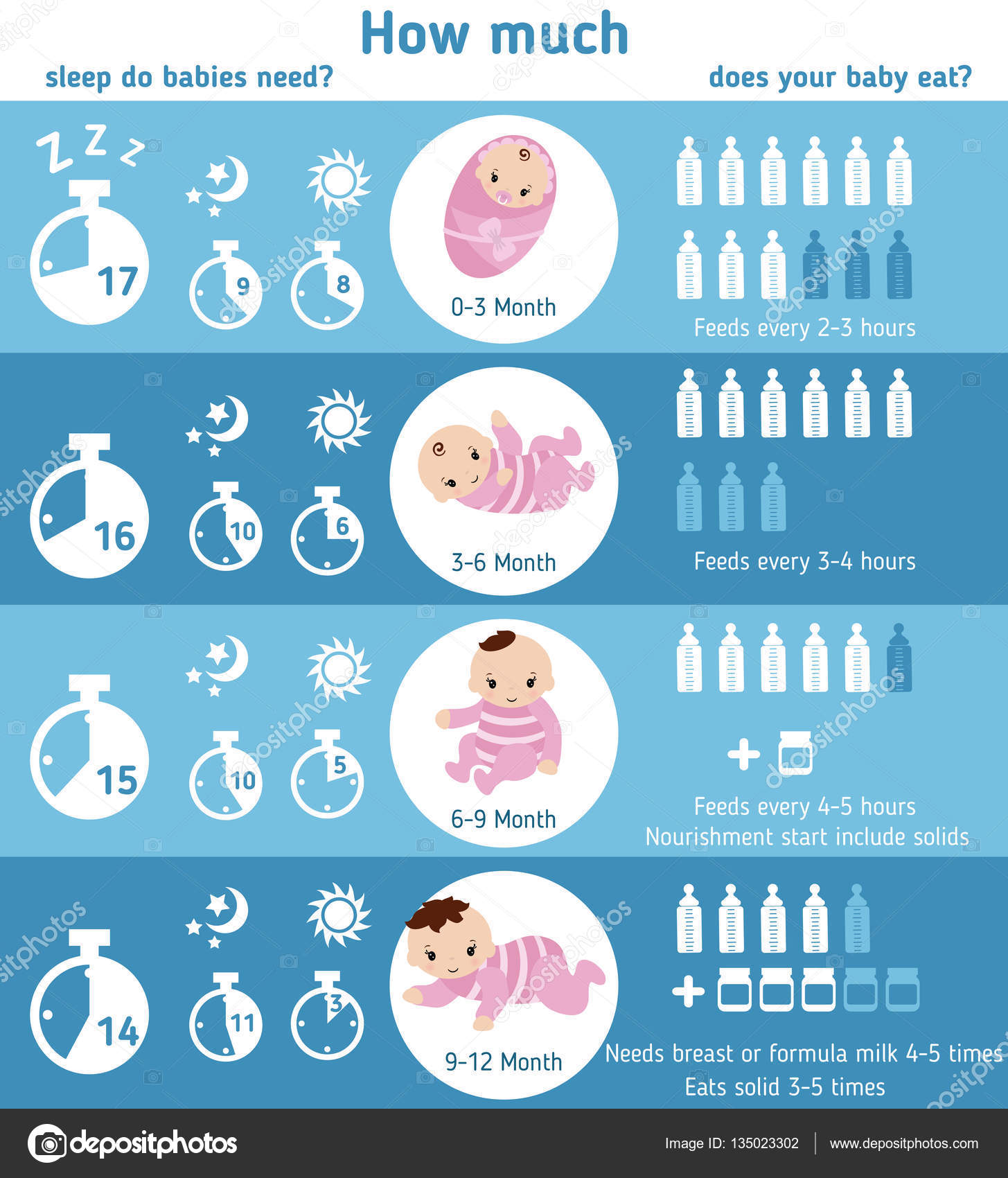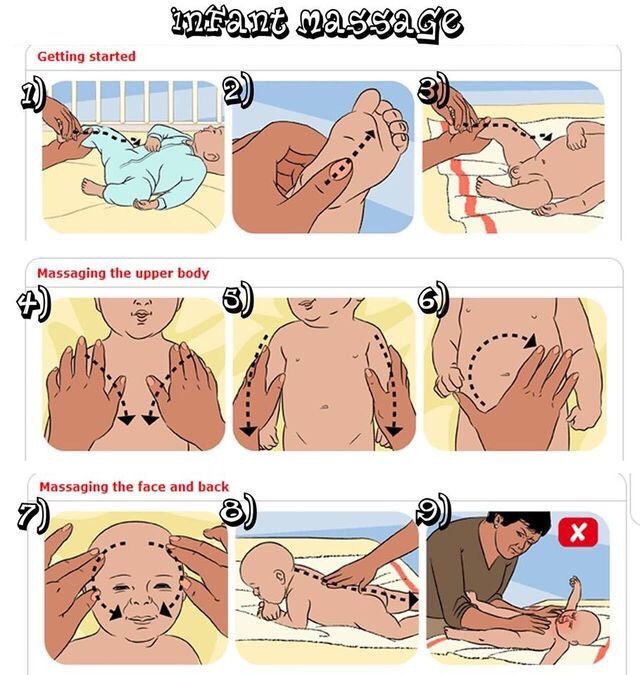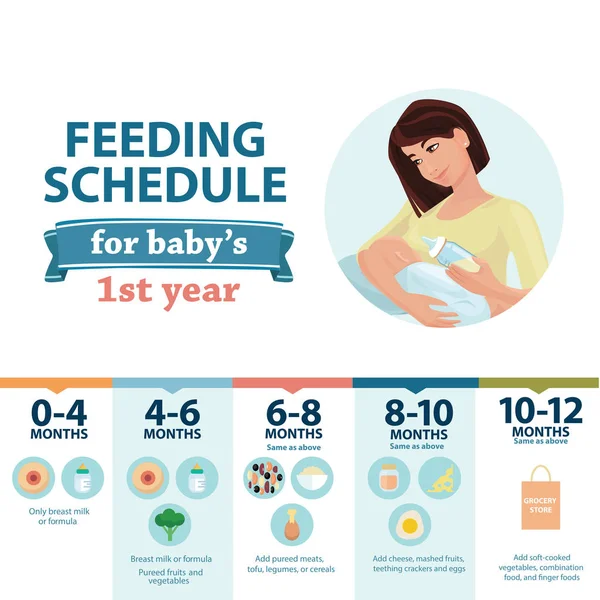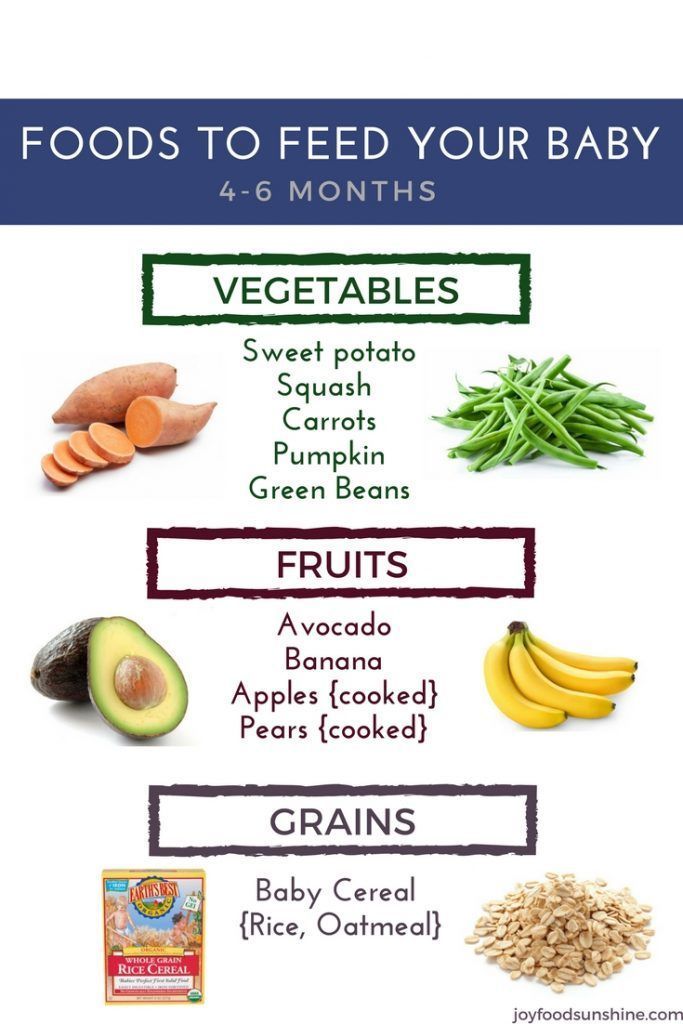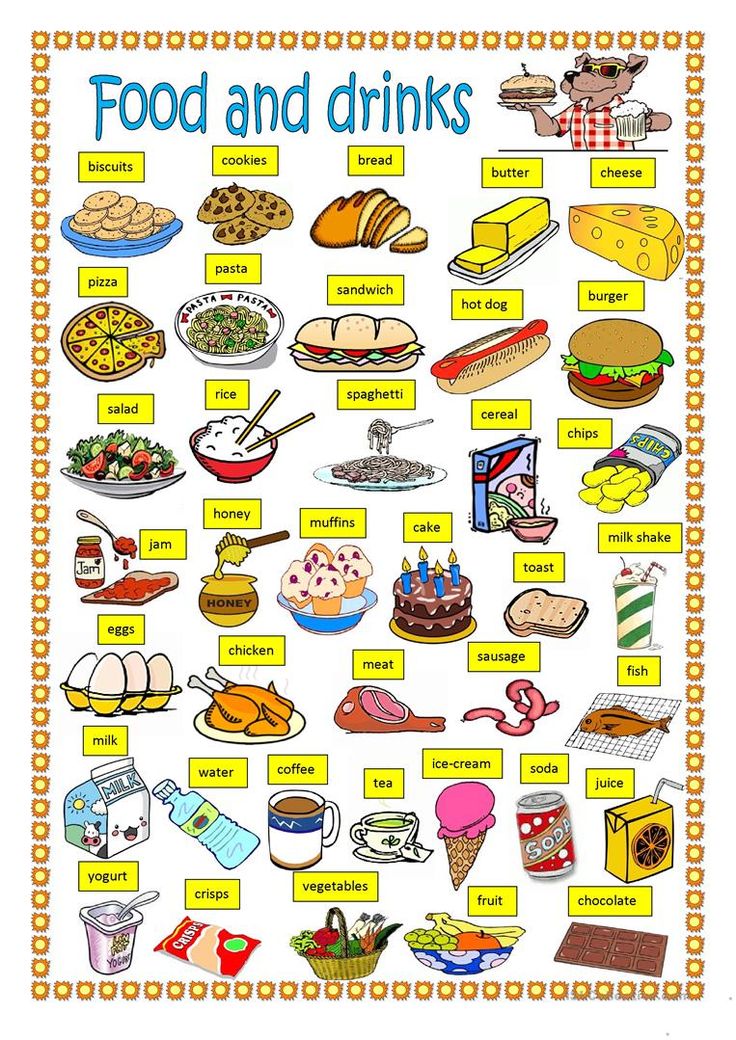Normal baby feeding patterns
How Often and How Much Should Your Baby Eat?
By: Sanjeev Jain, MD, FAAP
One of the most common questions new parents have is how often their baby should eat. The best answer is surprisingly simple: in general, babies should be fed whenever they seem hungry.
How do I know when my baby is hungry?
For babies born
prematurely or with certain medical conditions, scheduled feedings advised by your pediatrician are best. But for most healthy, full-term infants, parents can look to their baby rather than the clock for hunger cues. This is called feeding on demand, or
responsive feeding.
Hunger cues
A hungry baby often will cry. But it's best to watch for hunger cues before the baby starts crying, which is a late sign of hunger and can make it hard for them to settle down and eat.
Some other typical hunger cues in babies:
Licking lips
Sticking tongue out
Rooting (moving jaw and mouth or head in search of breast)
Putting his/her hand to mouth repeatedly
Opening her mouth
Fussiness
Sucking on everything around
It is important to realize, however, that every time your baby cries or sucks it is not necessarily because he or she is hungry. Babies suck not only for hunger, but also for comfort; it can be hard at first for parents to tell the difference. Sometimes, your baby just needs to be cuddled or changed.
General guidelines for baby feeding
It is important to remember all babies are different―some like to snack more often, and others drink more at one time and go longer between feedings. However, most babies will drink more and go longer between feedings as they get bigger and their tummies can hold more milk:
Most newborns eat every 2 to 3 hours, or 8 to 12 times every 24 hours. Babies might only take in half ounce per feeding for the first day or two of life, but after that will usually drink 1 to 2 ounces at each feeding. This amount increases to 2 to 3 ounces by 2 weeks of age.
At about 2 months of age, babies usually take 4 to 5 ounces per feeding every 3 to 4 hours.
At 4 months, babies usually take 4 to 6 ounces per feeding.
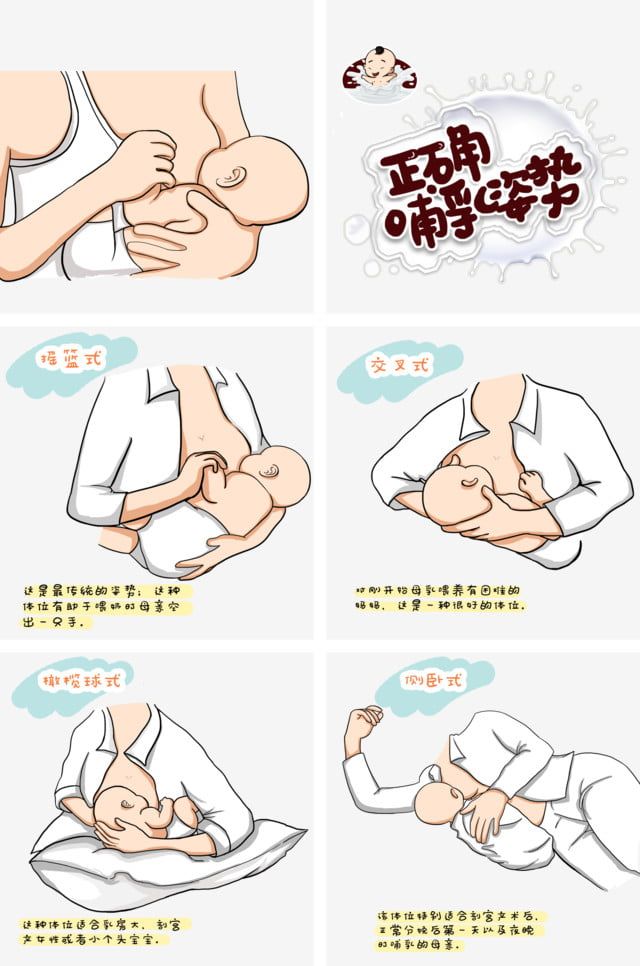
At 6 months, babies may be taking up to 8 ounces every 4 to 5 hours.
Most babies will increase the amount of formula they drink by an average of 1 ounce each month before leveling off at about 7 to 8 ounces per feeding. Solid foods should be started at about 6 months old.
Concerns about overfeeding or underfeeding your baby
Too full?
Babies are usually pretty good at eating the right amount, but they can sometimes take in more than they need. Infants who are bottle feeding may be more likely to overfeed, because drinking from a bottle may take less effort than breastfeeding.
Overfed babies can have stomach pains, gas, spit up or vomit and be at higher risk for obesity later in life. It's better to offer less, since you can always give more if your baby wants it. This also gives babies time to realize when they're full.
If you are concerned your baby wants to eat
all the time―even when he or she is full―talk with your pediatrician.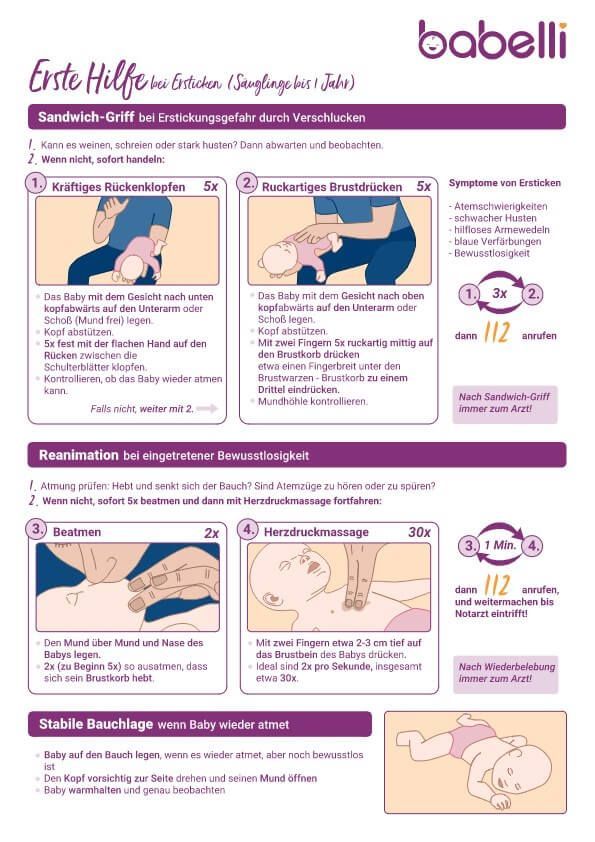 Pacifiers may be used after feeding to help sooth healthy-weight babies who like to suck for comfort, rather than nutrition. For babies who are breastfed, it's best to wait to offer pacifiers until around 3 to 4 weeks of age, when breastfeeding is well-established.
Pacifiers may be used after feeding to help sooth healthy-weight babies who like to suck for comfort, rather than nutrition. For babies who are breastfed, it's best to wait to offer pacifiers until around 3 to 4 weeks of age, when breastfeeding is well-established.
Trouble gaining weight?
Most babies will double their birth weight by 5 months of age and triple their birth weight by their first birthday. If your baby is having trouble gaining weight, don't wait too long between feeding―even if it means waking your baby. Be sure to talk with your pediatrician about how often and how much to feed your baby.
How do I know if my baby is getting enough to eat?
Daily diapers
A newborn's
diaper is a good indicator of whether he or she is getting enough to eat. In the first few days after birth, a baby should have 2 to 3 wet diapers each day. After the first 4 to 5 days, a baby should have at least 5 to 6 wet diapers a day. Stool frequency is more variable and depends whether your baby is
breastfed or formula fed.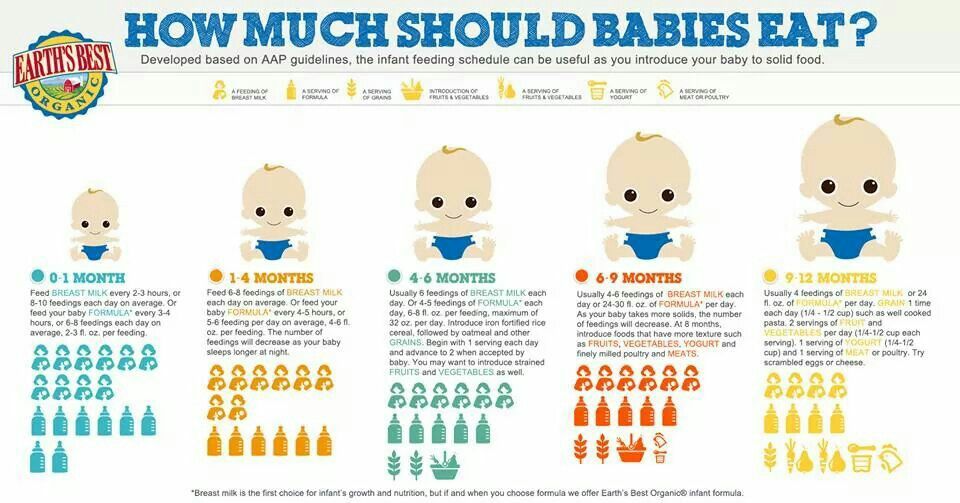
Growth charts
During regular health check-ups, your pediatrician will check your baby's weight and plot it on a growth chart. Your baby's progress on the growth chart is one way to tell whether or not they are getting enough food. Babies who stay in healthy growth percentile ranges are probably getting a healthy amount of food during feedings.
Remember
Talk with your pediatrician if you have any questions or concerns about your baby getting the right amount to eat.
More information:
- Making Sure Your Baby is Getting Enough Milk
- Amount and Schedule of Formula Feedings
- Is Your Baby Hungry or Full? Responsive Feeding Explained (Video)
- Remedies for Spitty Babies
- Ask the Pediatrician: With the baby formula shortage, what should I do if I can't find any?
- Ask the Pediatrician: How should we feed our baby if we're running low on money?
-
Airplane Choo Choo: A Feeding Guide for Children (National Dairy Council)
About Dr.
 Jain:
Jain:
Sanjeev Jain, MD, FAAP, is a Clinical Associate Professor of General Pediatrics and Adolescent Medicine at the University of Wisconsin School of Medicine and Public Health. Within the American Academy of Pediatrics, he is a member of the Section on International Child Health and the Wisconsin State Chapter.
The information contained on this Web site should not be used as a substitute for the medical care and advice of your pediatrician. There may be variations in treatment that your pediatrician may recommend based on individual facts and circumstances.
Feeding patterns and diet - babies and infants Information | Mount Sinai
Babies and infants - feeding; Diet - age appropriate - babies and infants; Breastfeeding - babies and infants; Formula feeding - babies and infants
Recommendations
During the first 6 months of life, your baby needs only breast milk or formula for proper nutrition.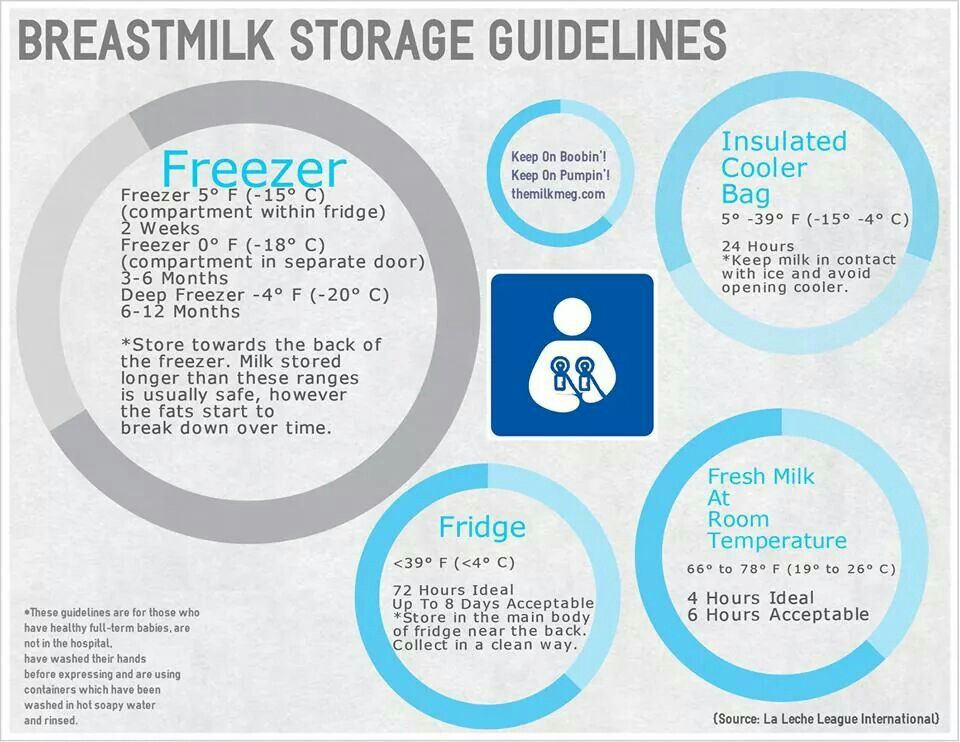
- Your baby will digest breast milk more quickly than formula. So if you breastfeed, your newborn may need to nurse 8 to 12 times per day, or every 2 to 3 hours.
- Be sure you empty your breasts regularly by feeding or using a breast pump. This will prevent them from becoming overly full and achy. It will also allow you to continue producing milk.
- If you feed your baby formula, your baby will eat about 6 to 8 times per day, or every 2 to 4 hours. Start your newborn with 1 to 2 ounces (30 to 60 mL) at every feeding and gradually increase the feedings.
- Feed your baby when they seem hungry. Signs include smacking lips, making suckling movements, and rooting (moving their head around to find your breast).
- Do not wait until your baby cries to feed them. This means they are very hungry.
- Your baby should not sleep more than 4 hours at night without feeding (4 to 5 hours if you are feeding formula). It is OK to wake them up to feed them.
- If you are breastfeeding exclusively, ask your pediatrician if you need to give your baby supplemental vitamin D drops.
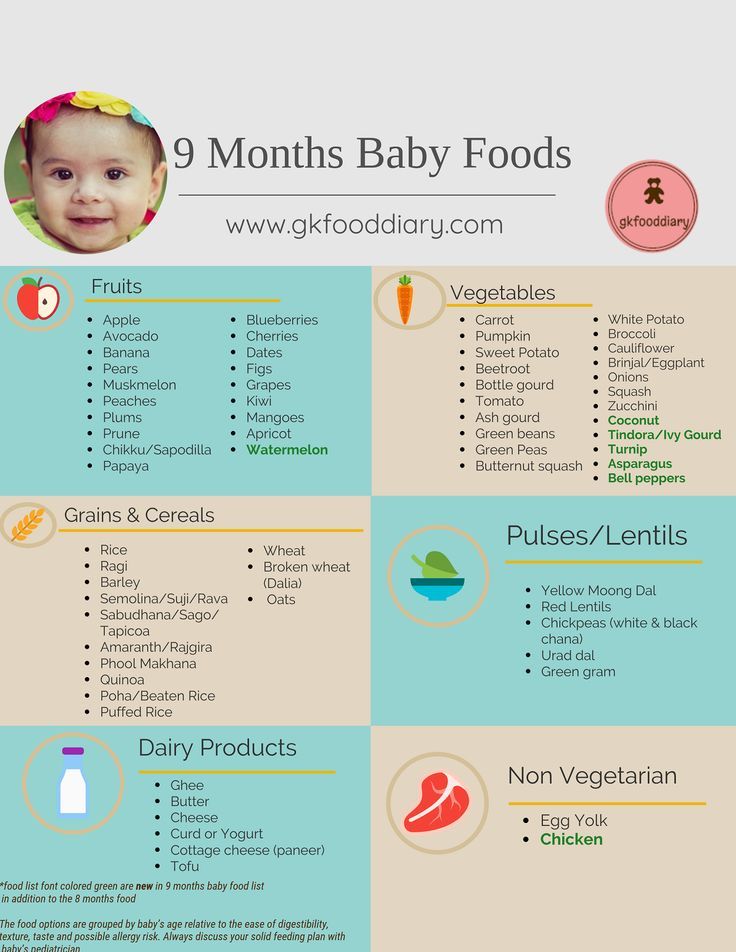
You can tell your baby is getting enough to eat if:
- Your baby has several wet or dirty diapers for the first few days.
- Once your milk comes in, your baby should have at least 6 wet diapers and 3 or more dirty diapers a day.
- You can see milk leaking or dripping while nursing.
- Your baby starts to gain weight; about 4 to 5 days after birth.
If you are concerned your baby is not eating enough, talk with your pediatrician.
You should also know:
- Never give honey to your infant. It may contain bacteria that can cause botulism, a rare but serious illness.
- Do not give your baby cow's milk until age 1 year. Babies under age 1 have a difficult time digesting cow's milk.
- Do not feed your baby any solid food until 4 to 6 months old. Your baby will not be able to digest it and may choke.
- Never put your child to bed with a bottle. This can cause tooth decay. If your baby wants to suck, give them a pacifier.
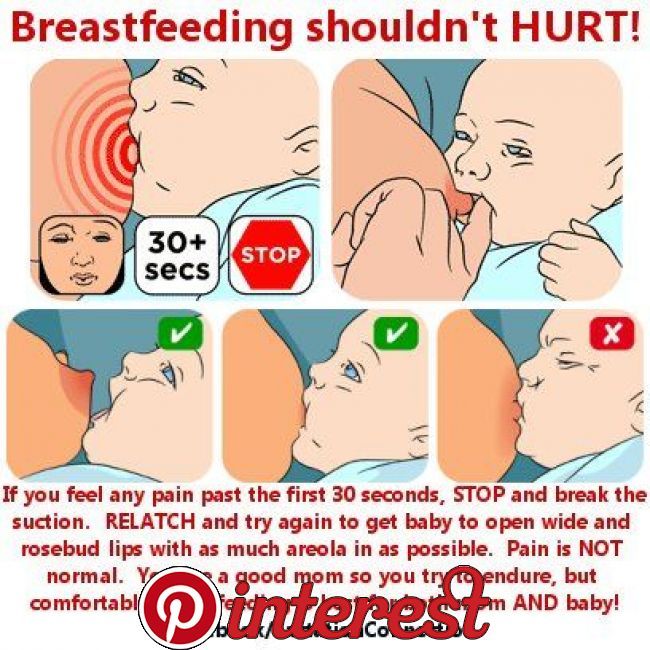
There are several ways you can tell that your infant is ready to eat solid foods:
- Your baby's birth weight has doubled.
- Your baby can control their head and neck movements.
- Your baby can sit up with some support.
- Your baby can show you they are full by turning their head away or by not opening their mouth.
- Your baby begins showing interest in food when others are eating.
When to Call the Doctor
Call the health care provider if you are concerned because your baby:
- Is not eating enough
- Is eating too much
- Is gaining too much or too little weight
- Has an allergic reaction to food
American Academy of Pediatrics, Section on Breastfeeding; Johnston M, Landers S, Noble L, Szucs K, Viehmann L.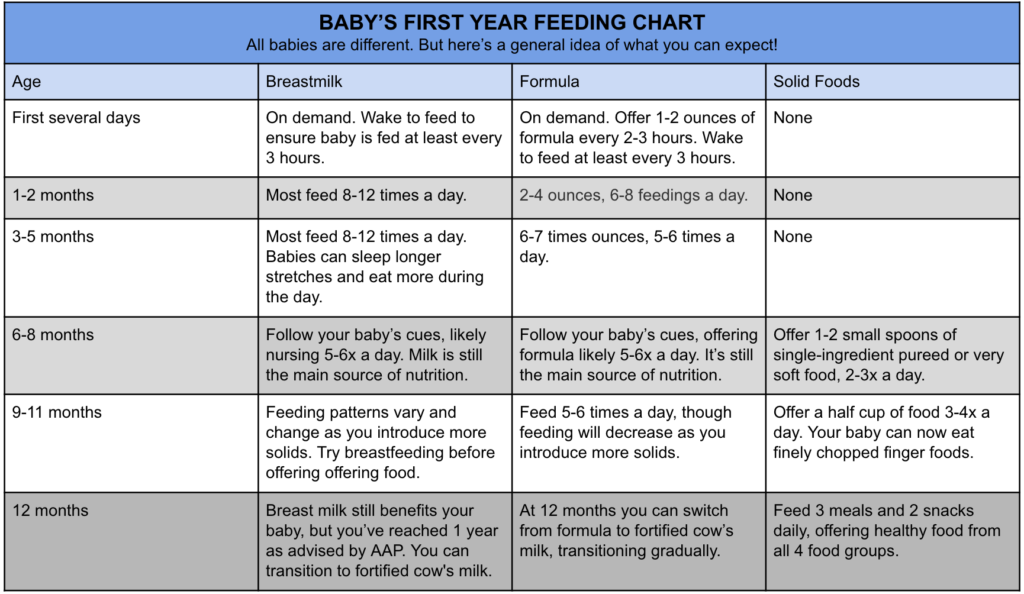 Breastfeeding and the use of human milk. Pediatrics. 2012;129(3):e827-e841. PMID: 22371471 pubmed.ncbi.nlm.nih.gov/22371471/.
Breastfeeding and the use of human milk. Pediatrics. 2012;129(3):e827-e841. PMID: 22371471 pubmed.ncbi.nlm.nih.gov/22371471/.
HealthyChildren.org website. How often and how much should your baby eat? www.healthychildren.org/English/ages-stages/baby/feeding-nutrition/Pages/How-Often-and-How-Much-Should-Your-Baby-Eat.aspx. Updated October 29, 2020. Accessed December 6, 2021.
Parks EP, Shaikhkhalil A, Sainath NN, Mitchell JA, Brownell JN, Stallings VA. Feeding healthy infants, children, and adolescents. In: Kliegman RM, St. Geme JW, Blum NJ, Shah SS, Tasker RC, Wilson KM, eds. Nelson Textbook of Pediatrics. 21st ed. Philadelphia, PA: Elsevier; 2020:chap 56.
Last reviewed on: 8/10/2021
Reviewed by: Neil K. Kaneshiro, MD, MHA, Clinical Professor of Pediatrics, University of Washington School of Medicine, Seattle, WA. Also reviewed by David Zieve, MD, MHA, Medical Director, Brenda Conaway, Editorial Director, and the A.D.A.M. Editorial team.
Daily routine for a child under 1 year old
Daily routine is a system for distributing periods of sleep and wakefulness, meals, hygiene and health procedures, activities and independent human activities throughout the day.
Compliance with a rational daily routine corresponding to the age characteristics of the child contributes to his healthy growth and development. Getting used to performing various types of activities at the same time, the child is prepared for the upcoming type of activity at every moment of time, which ensures their easier and faster implementation. Compliance with the correct daily routine provides a good mood for the child and maintains a keen interest in the study of the world around him, contributing to his normal motor and psychoverbal development.
The child's daily routine includes the following obligatory elements: diet, time spent outdoors during the day, frequency and duration of sleep, mandatory classes to develop skills in accordance with age, free time.
In the first months after birth, a healthy newborn baby sleeps for most of the day, since all external stimuli are very strong for the nervous system of a child, accustomed to a cozy intrauterine environment, and cause its rapid exhaustion.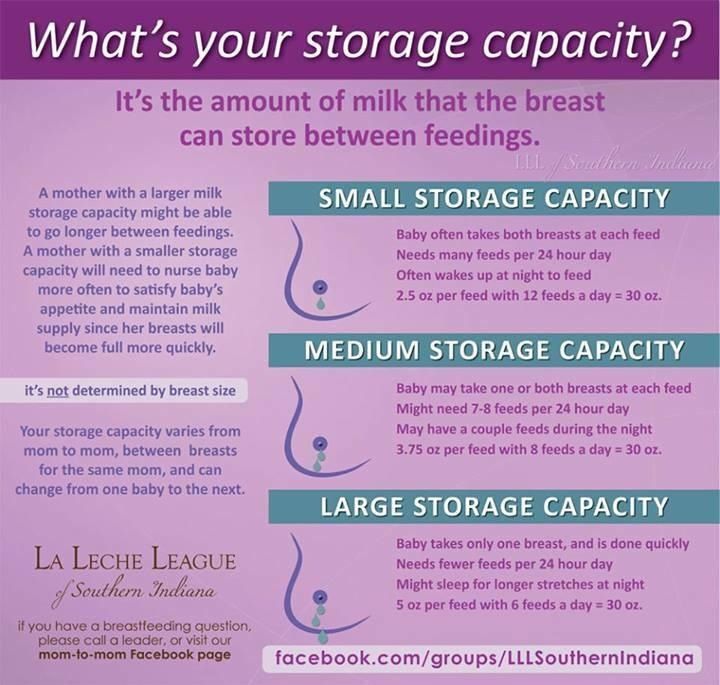 As the child grows older, the duration of sleep gradually decreases and the time of wakefulness increases.
As the child grows older, the duration of sleep gradually decreases and the time of wakefulness increases.
| Age | Daytime sleep mode | Night sleep | Wake mode |
| From birth to 2 months | 6 x 2.5 hours | 6 hours | During feeding |
| 2-4 months | 5 times 2-2.5 hours | 6.5 hours | 4 x 1.5 hours |
| 4-6 months | 4-5 times for 2 hours | 7 hours | 4 times 2 hours |
| 6-9 months | 3-4 times for 1.5-2 hours | 8 hours | 4 x 2.5 hours |
| 9-12 months | 2 x 1.5-2 hours | 9-10 hours | 4 times for 3-4 hours |
Closely related to the sleep-wake mode is the feeding mode of the baby. The sleep of a child in the first months of life is very sensitive and is easily disturbed under the influence of various extraneous stimuli, including hunger.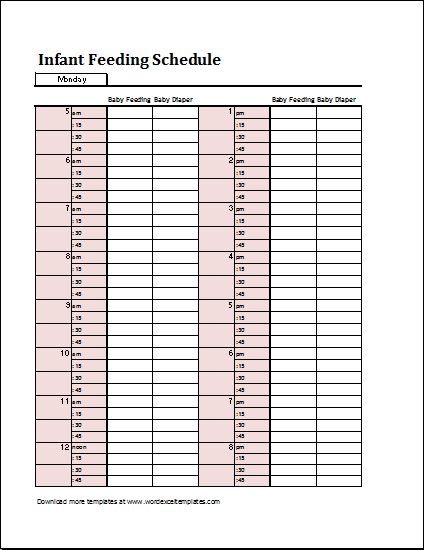
| Age | Mode | Example |
| From birth to 2 months | 7-8 times, every 3 hours | 6,9,12,15,18,21,24 (no night feeding) |
| From 2 to 6 months | 6-7 times, every 3.5 hours | 6, 9.30, 13, 16.30, 20, 23.30 (without night feeding) 6, 9.30, 13, 16.30, 20, 23.30, 03 (with night feeding) |
| From 7-12 months | 5 times, every 4 hours | 6,10,14,18,22 |
A child's stay in the fresh air is essential in the daily routine. The total duration of stay in the open air for children under 1 year of age should be at least 5-6 hours a day. Fresh air has a calming effect on the baby, improves metabolic processes, and increases the body's defenses. In the summer, all games and activities should be held outdoors; in the cold and transitional seasons, two one-time walks of 1.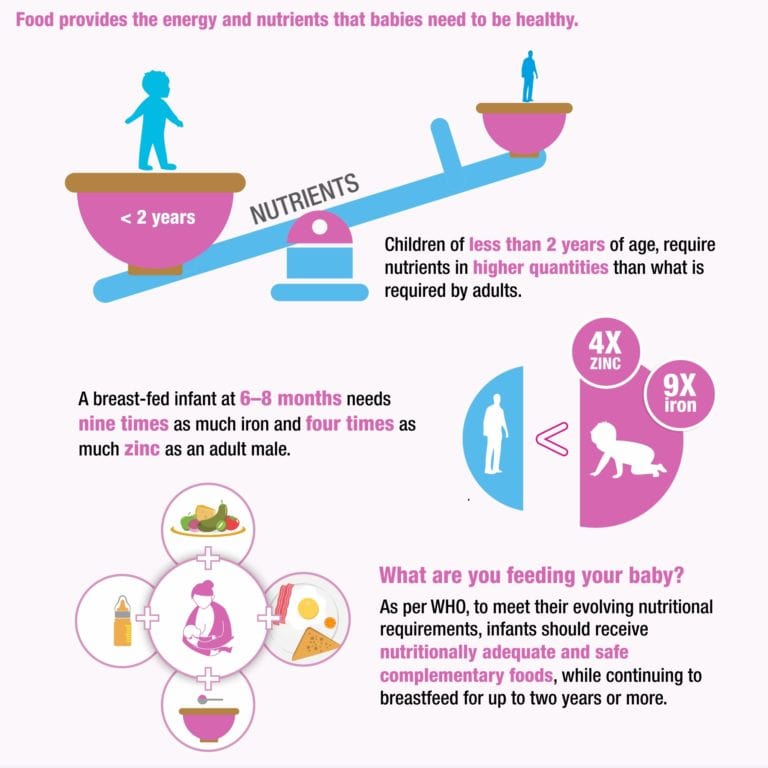 5-2 hours are provided.
5-2 hours are provided.
Fresh air also has a beneficial effect on sleep. By acting on the skin and mucous membranes of the nose and upper respiratory tract, it provides a faster fall asleep of the child and a higher quality of sleep. Sleeping outside can replace a walk, especially during the cold season.
The child's daily routine is generally individual, but ideally, one should strive to ensure that the child eats after waking up, and then stays awake until the next sleep. A well-slept baby eats with appetite and then calmly and actively plays or engages, and tired of games, easily goes to sleep.
When your baby is awake, try to keep him active and cheerful. It is necessary to dress the child in loose clothing that does not hinder movement, provide access to toys appropriate for his age, and most importantly, actively participate in games and activities with the baby as a whole family.
Author - Physiotherapist - DMITRIENKO T.G.
child development from 0 to 1 month
03/01/2019
22
The long-awaited day has come and we finally arrived home with the baby from the maternity hospital.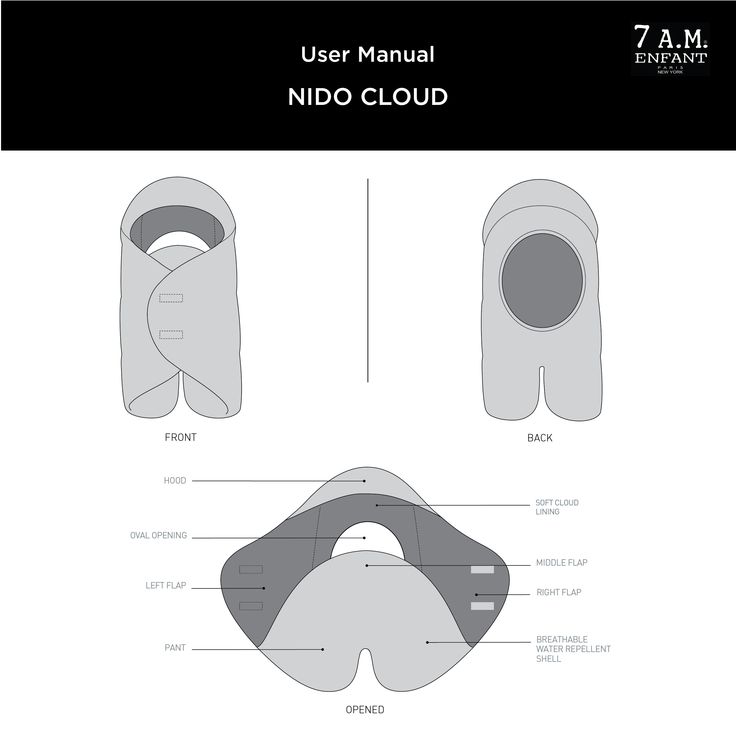 And now, in place of the hospital calmness, where everything seemed so clear, a wave of emotions swept over me. When and how often should I put him to bed? How to combine sleep and feeding from the first days? Should a child have a regime or should not organize a clear schedule?
And now, in place of the hospital calmness, where everything seemed so clear, a wave of emotions swept over me. When and how often should I put him to bed? How to combine sleep and feeding from the first days? Should a child have a regime or should not organize a clear schedule?
All the knowledge was in theory, but it was not easy to put it into practice. Therefore, I share recommendations that it is good for a young mother to know in order to survive such a difficult first month!
Baby's routine
Before we talk about the baby's daily routine, it's useful to remember a few facts about the sleep of babies of this age: Yes, all children are different - some sleep more, others less. But in general, babies need to sleep about 16-18 hours a day.
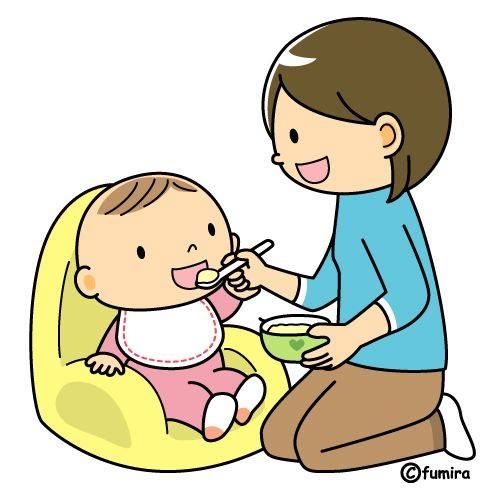 Therefore, all actions to organize the child's day regimen will be directed to this.
Therefore, all actions to organize the child's day regimen will be directed to this. Considering these facts, we can say that it is difficult to create a clear day schedule of 1 month.
Daytime sleep
Daytime dreams will not differ from nighttime. During the day, a newborn baby can sleep both 3-4 hours and 20-40 minutes in one dream.
The longest period of sleep can occur in a day.

How do you know when a baby wants to sleep again? Focus on signs of fatigue in a child: if he rubs his eyes, looks at one point, sucks his thumb, then it's time for him to sleep. It is also recommended not to exceed the awake time for more than 50-60 minutes if the previous sleep was more than an hour. If the sleep was less than an hour, the period of activity of the crumbs will be the same amount of time. Overworking the child leads to long bedtimes, restless sleep at night and an incomprehensible daily routine.
Sleep at night
Sleep can be about 7-10 hours at night. The baby will wake up for feeding. If in the evening your baby began to cry non-stop for several hours, it may be colic. The period of colic lasts up to 6-8 weeks. After feeding, hold the baby upright - this will help his digestion, do a light massage of the tummy.
If you suspect that crying is not related to colic, be sure to contact your doctor. If you are formula feeding, talk to your pediatrician - it is possible that changing infant formula will improve the baby's condition.
If you are formula feeding, talk to your pediatrician - it is possible that changing infant formula will improve the baby's condition.
Confusion of day and night
Until 6-8 weeks of age, babies may confuse day and night due to an immature biological clock.
Take your baby out to bright light during the day and dim the lights at home in the evening. Use a night light with a warm, low light at night during feedings and diaper changes.
How to make it clear to a child of 1 month of age that it is time to start the day or go to bed?
Rituals will come to the rescue - daily repeated actions after waking up or going to bed. In the morning it can be hygiene procedures, and in the evening - bathing, quiet games, swaddling and a lullaby.
Baby bed
To prevent SIDS (Sudden Infant Death Syndrome), certain rules are followed when organizing a baby bed.
-
Always place your newborn on their back.
 This is the safest position for a baby right now.
This is the safest position for a baby right now. -
Avoid overheating the baby - it is more dangerous for him than the cold. Therefore, pay attention to the temperature in the room: it should not exceed 21-23 degrees in winter and 25 degrees in summer.
-
The child needs to sleep on a flat, firm surface, without blankets, pillows, bumpers, toys or other things.
-
A separate nursery is not needed for up to six months, and sometimes up to a year - a crib in the parents' room is an ideal option for a child to relax. You can remove one wall of the crib and attach it to the bed of the parents. So the baby will be as close as possible to mom at night, but at the same time on a separate surface.
Tips to help your newborn sleep
Feeding your newborn
Feeding on demand is considered to be the best way to manage your newborn's diet.
In the early days, breastfeed as often as possible. This stimulates milk production. We feed from 15 to 90 minutes. Prolonged feeding allows a newborn baby not only to satisfy hunger, but also to survive the stress after childbirth and get used to the new world. After the baby is likely to fall asleep. Night feedings are equally important for both the baby and the mother. They will mostly occur every 3-4 hours.
To improve lactation, also try to feed in the early hours of the night.
If a breastfed baby is eating well and gaining weight, he does not need additional food and fluids until 4-6 months of age.
Walks
An important part of the daily routine of a newborn this month. Walking outside helps set your baby's biological clock and improves sleep. You can walk with a healthy and full-term baby starting from the 10th day of life. Increase the time of outdoor walks gradually until the child is 1 year old, starting from 10 minutes in winter and 20 minutes in summer.